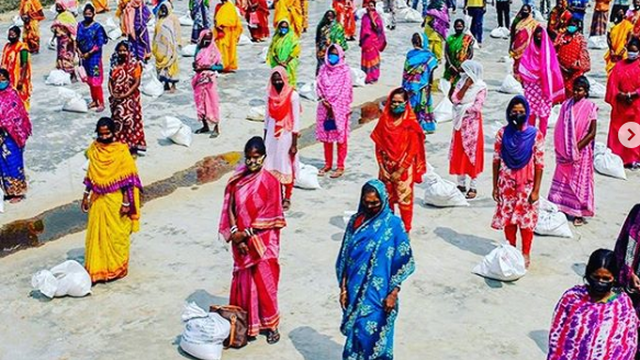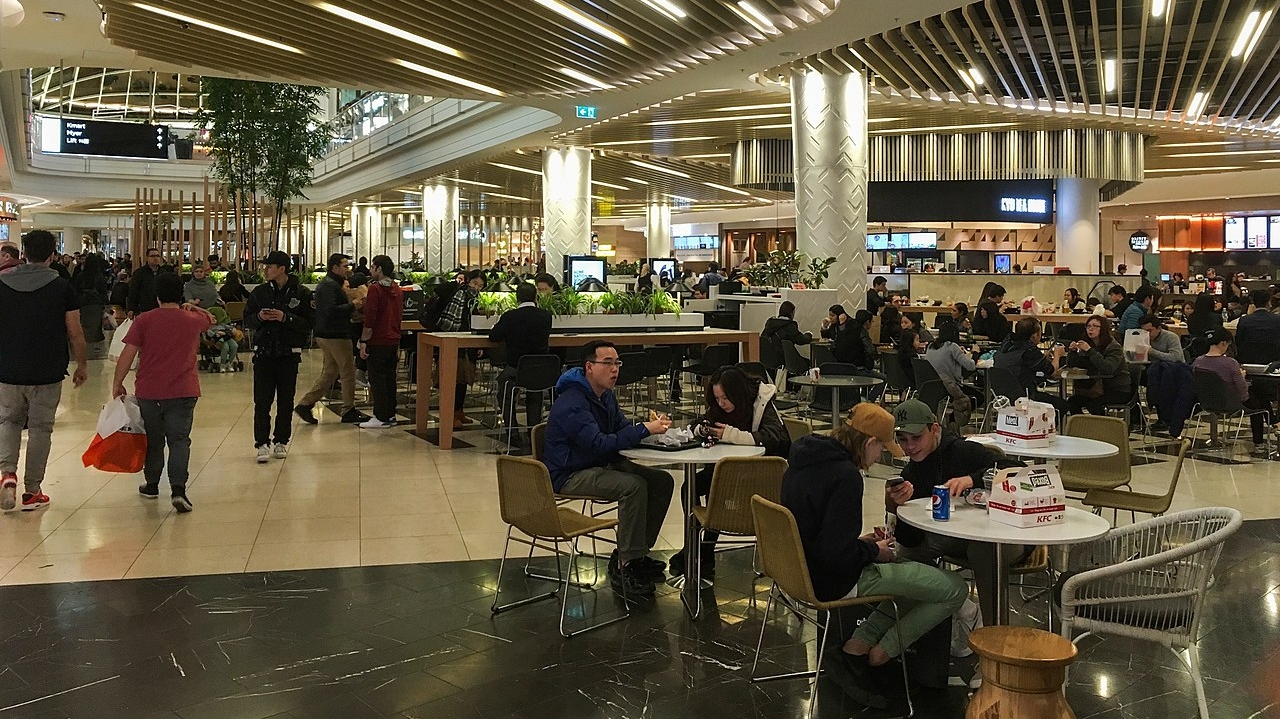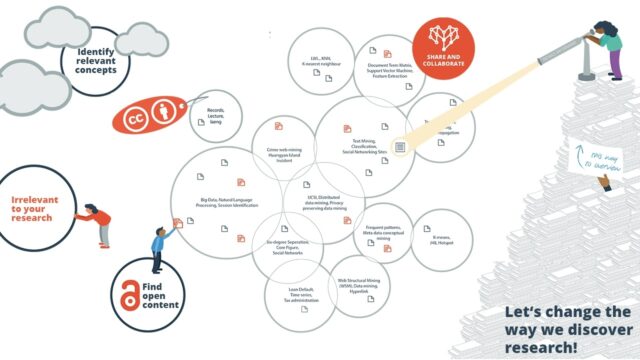
Crisis knowledge management: Reconfiguring behavioural science for COVID-19 crisis response
This article is part of a series of articles exploring the COVID-19 coronavirus pandemic from a knowledge management perspective.
The primary purpose of RealKM Magazine is to support and promote evidence-based knowledge management (KM). We’ve published numerous articles highlighting the importance of this, as well as bringing KM practitioners the findings of high-value KM research through evidence summaries, feature articles and videos, and article series.
But what about when a major crisis such as the current COVID-19 coronavirus pandemic emerges? A new preprint paper1 alerts that a crisis such as this demands an all-out rapid response, but this sits uneasily with the methodical, incremental, and gradual nature of science.
Approaching the COVID-19 response from a behavioural science perspective, the preprint authors pose the following questions:
How can we quickly and reliably deliver an evidence base for the many, diverse questions that behavioural science can inform: minimizing the negative impacts of isolation, providing support for vulnerable groups who have depended on face-to-face interaction, coping with stress, effective remote delivery of work and teaching, combatting misinformation, getting communication and messaging right, fostering the development of resilient new cultural practices, to name but a few.
The COVID-19 crisis has brought and continues to bring significant surprises in regard to these questions. One of these surprises is the panic buying and hoarding of toilet paper and other products, to the point where supermarket shelves have been left bare for weeks. Another is people not following government requirements for social distancing and mass gathering avoidance. For example, people around the world were shocked to see massive crowds on Australia’s iconic Bondi Beach, as shown in the video above, just days after the Australian Government introduced rules in regard to social distancing and large gatherings. COVID-19 is now starting to take a toll on Bondi Beach revellers who didn’t respond to the rules.
Join the discussion
The authors advise that they have published their preprint an attempt to initiate a process of necessary adaption in order to best support evidence-based decision-making in a rapidly changing and high stakes environment. They see their recommendations, which are summarised below, as “first stabs” that they hope will be critiqued, debated, and improved.
While suitable infrastructure for this analysis and debate is developed, they have created the Twitter account ReconfigBehSci to facilitate initial information exchange and discussion.
Recommendations
1. Proper science without the drag
1.a. Managing the process
Science relies critically on the peer review process, but peer review takes months. To address this,
- Peer review for crisis-relevant work should move to the medical model, where publishing decisions are a binary yes/no, and with editorial turnaround as fast as possible.
- This model should be temporarily adopted for crisis-relevant material.
- Not all material is equally valid, so a clear system of flags is needed to distinguish the different levels of review needed.
- New formats of immediate and ongoing publication critique can be established, so that the field can learn from, and analyse, research from when it is first submitted.
- To enable critique, and allow others to build on research, the sharing of data and code seems advisable, but this should be balanced against the intensive processes needed for preparing data and models for sharing.
- There is a need to form accessible narratives to establish policy-relevant conclusions, such as through a Wikipedia-style system.
1.b. Content considerations
- Not all detail and subtlety is equally valuable in a time of crisis. In crisis, it is important to focus on shared perspective, focussing on difference only where critical to policy and implementation.
- Crisis is a time for trying the bridging of theoretical divides in search of solid, empirical ground. It is most definitely not an opportunity for promoting pet theories.
2. Managing disagreement
- Behavioural scientists need to be able to disagree, and disagree publicly, in ways that don’t undermine wider efforts.
- Experiences from the development of adversarial collaborations in the last decade are likely to have valuable lessons in this regard.
3. Managing expertise
- In times of crisis, capacity limitations will put continuous pressure on experts to make comment beyond their core competence. This can be dangerous, as misguided “expert” comments may damage public trust in science. This needs to be managed in an effective way.
- Present information networks do not seem up to the task. There is a need to establish databases of expertise to allow speedy, dynamic access and responding.
- Great ideas can come from unlikely places, and often, it is a fresh outside perspective that is hugely helpful. Epistemic diversity matters.
4. Breaking down silos
- Scientists live in silos. Multiple areas may be working on closely related questions with little knowledge of one another.
- Dynamically evolving online dictionaries (such as the Wikipedia-style model mentioned above) are recommended, as are information exchange systems where queries can be posted asking for the input of other researchers.
- To function well, these systems must involve diverse researchers. Social media platforms, social network tools, or the retooling of publishing environments can potentially facilitate this.
5. Supporting policy makers: what the wider community can and cannot do
- Evidence-based policy decisions rest on many complex, interlocking parts, but behavioural scientists have expertise in only one or, at best, a few.
- However, scientists outside the inner circle of decision-making also have training and competence in evaluating arguments.
- Behavioural scientists, in particular, can draw on decades of work on sound evidential reasoning as well as the long tradition of research highlighting prominent biases and reasoning errors.
- New forums are needed to facilitate rapid engagement between people interested in policy formulation and implementation and those involved in basic research.
- “Open think tanks” could be established as novel spaces where policy proposals could be posted for wider scrutiny in open, parallel, and public versions of the decision processes that take place inside government.
6. Funders
- Funders must start a process of re-orientation, with scientists advising on what best suits their needs in a way that maximises benefit for all.
- Small, accessible, rapid response proposals should be created, and funders of existing projects should indicate where they are willing to allow resources to be diverted into crisis response.
7. Guarding against adversarial disruption /avoiding politicization
- In a crisis, scientists need to remain as apolitical as possible, just as they do in normal scientific discourse. Codes for the maintenance of political neutrality are recommended, while acknowledging that political actors can seek to distort scientific truth.
- Behavioural scientists have been studying the spread of misinformation and how best to guard against disinformation and disruption. This research should urgently be distilled into guidelines available to all members of the behavioural science community.
Reference:
- Hahn, U., Lagnado, D., Lewandowsky, S., & Chater, N. (2020). Crisis knowledge management: Reconfiguring the behavioural science community for rapid responding in the Covid-19 crisis. PsyArXiv Preprint, retrieved 29 March 2020. ↩
Also published on Medium.






